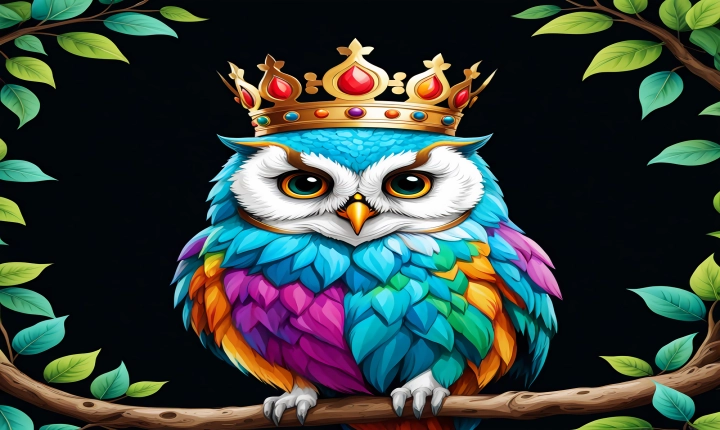Artificial intelligence has been a game-changer in the field of technology, and one of the most fascinating developments in recent years is generative AI. Generative AI is a type of artificial intelligence that has the ability to create new content, such as images, music, and even text, based on patterns and data it has been trained on. This cutting-edge technology has the potential to revolutionize various industries and has sparked both excitement and concerns about its implications.
One of the most promising applications of generative AI is in the field of creative arts. Imagine a world where AI can generate stunning, original artwork, or compose beautiful, soul-stirring music. Artists and musicians can use generative AI as a tool to enhance their creativity, explore new ideas, and push the boundaries of their craft. The potential for collaboration between humans and AI in the creative process is truly exciting and has the potential to inspire groundbreaking works of art.
In addition to its impact on creative fields, generative AI also has the potential to revolutionize industries such as design, fashion, and gaming. AI-powered tools can help designers and fashion brands create innovative and personalized products, while game developers can use generative AI to create immersive and dynamic virtual worlds. The ability of generative AI to generate unique, tailored content at scale has the potential to transform these industries and provide new opportunities for innovation.
However, as with any emerging technology, there are also concerns and ethical considerations surrounding the use of generative AI. One of the main concerns is the potential for misuse and abuse of AI-generated content, such as deepfakes and fake news. The ability of generative AI to create highly realistic content raises questions about authenticity and trust, and there is a need for robust regulations and safeguards to address these issues.
Furthermore, there is also the concern about the displacement of human creativity and the potential impact on traditional creative industries. While generative AI has the potential to enhance creativity and collaboration, there is a fear that it could also replace human creators and devalue original artistic works. It is important for the creators and industries to navigate the ethical considerations and ensure that generative AI is used responsibly and in a way that supports and empowers human creativity.
Despite these concerns, the potential of generative AI is undeniable. Its ability to generate original, creative content has the potential to revolutionize various industries and provide new opportunities for innovation and collaboration. As the technology continues to evolve, it will be important for stakeholders to work together to address ethical considerations and ensure that generative AI is used in a way that benefits society as a whole. The future of generative AI is exciting, and its impact on the creative and technological landscape is sure to be profound.
